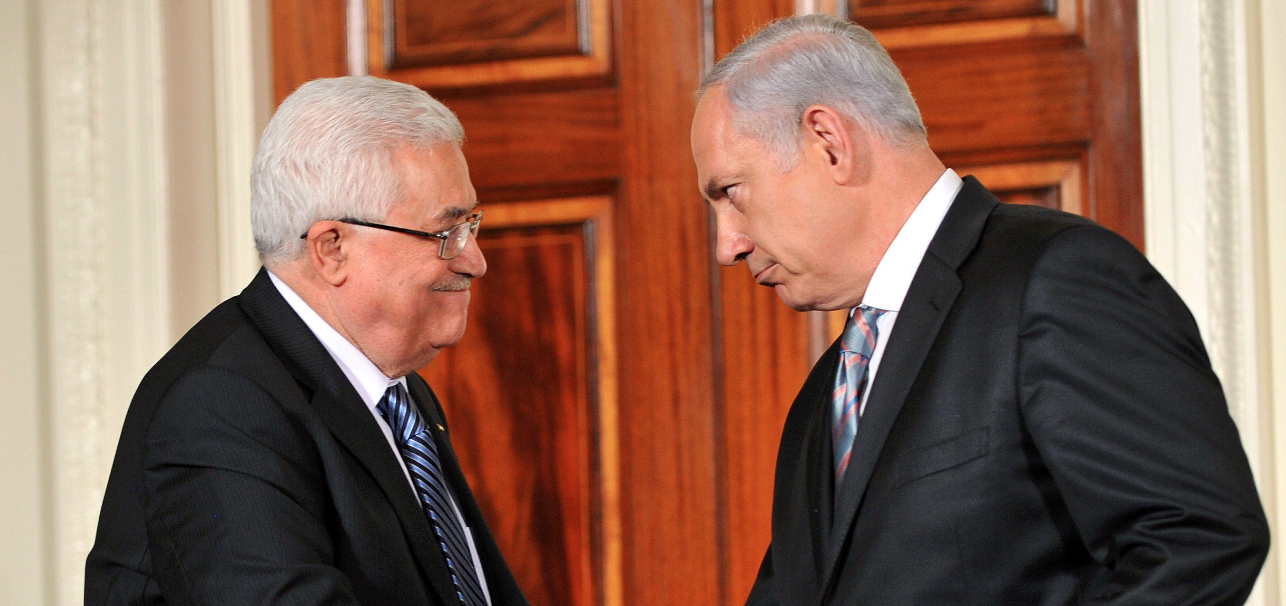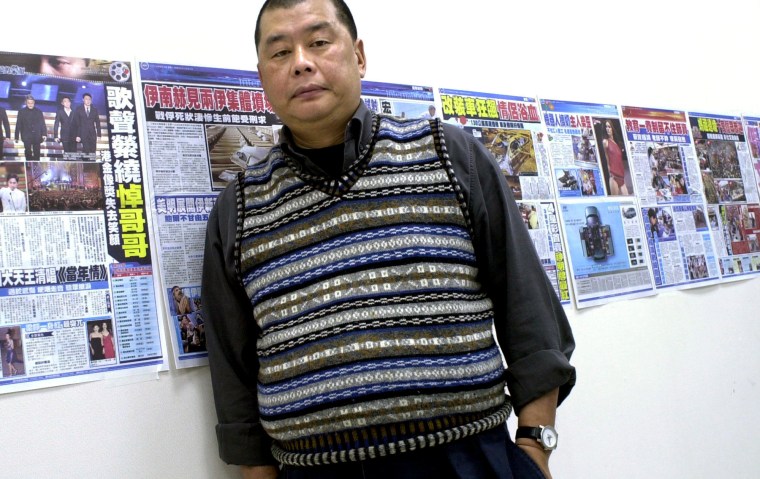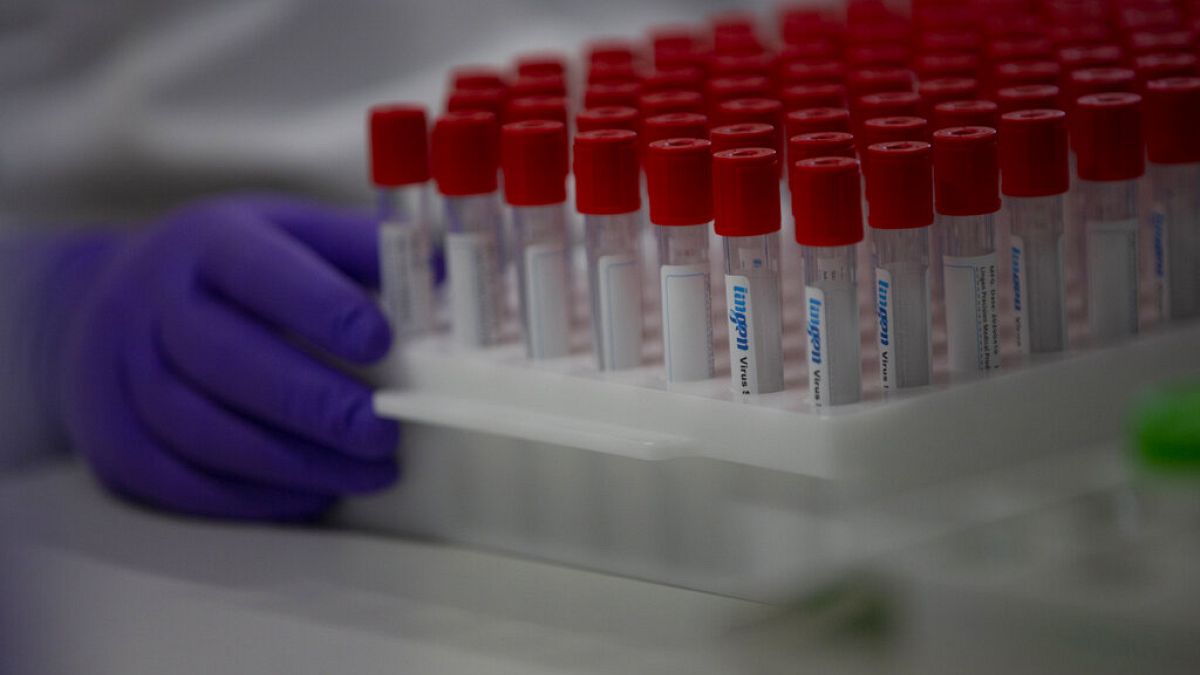War crimes tribunal set up by ex-Bangladesh PM Sheikh Hasina initiates probe against her into ‘mass murder’ charges
By HT News Desk
Aug 20, 2024
International Crimes Tribunal (ICT), established by Sheikh Hasina in 2010, investigates atrocities from the country's liberation war against Pakistan.
A tribunal established by ousted former Prime Minister Sheikh Hasina to investigate war crimes in Bangladesh has initiated three probes into alleged mass murder charges against her, AFP reported on Monday.

More than 450 people were killed many by police fire during a month of student-led protests against Hasina's 15-year rule. She stepped down as prime minister and fled to India on August 5.
Get Unlimited access to Hindustan Times E-paper and Archives at 1199/- per year
According to the tribunal's investigator, these investigations centre on the unrest that prompted Hasina's departure from the country.
Ataur Rahman, deputy director of the tribunal's investigation cell said that they were collecting preliminary evidence at this stage and added that the cases were related to “mass murder.”
He said that all three cases were initiated by private individuals and several of Hasina's former top aides have also been named.
The cases involve violence in areas surrounding the capital Dhaka, including Mirpur, Munshiganj and Savar.
Local police units nationwide have filed at least 15 cases against Hasina, according to local media reports. Some of these cases predate the recent unrest and include charges of murder and "crimes against humanity.
Bangladesh's International Crimes Tribunal (ICT), established by Hasina in 2010, investigates atrocities from the country's liberation war against Pakistan. Under Hasina's leadership, the ICT has sentenced over 100 individuals to death, including several political opponents.
The ICT has faced criticism from rights groups for not adhering to international conventions. Hasina's government has been accused of widespread human rights abuses, including the extrajudicial killing of thousands of political opponents.
On Friday, the United Nations reported strong indications that Bangladeshi security forces used excessive force in responding to the student-led uprising.
“There are strong indications, warranting further independent investigation, that the security forces used unnecessary and disproportionate force in their response,” the UN human rights office stated in a preliminary report.
The report also highlighted alleged violations, including extrajudicial killings, arbitrary arrests and detentions, enforced disappearances, torture, and ill-treatment.














